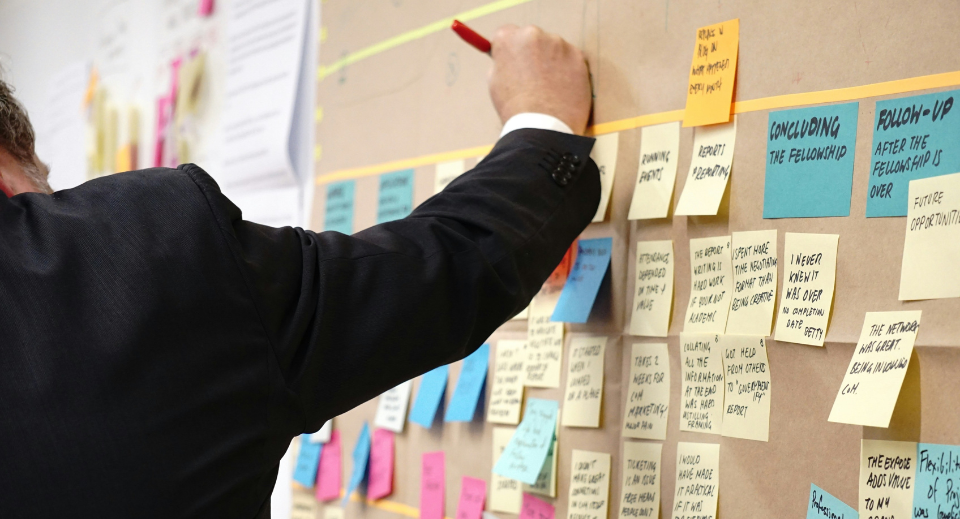In my new professional challenge, I’ve encountered a multitude of Project Managers, each with their own style, goals, and unique projects. This diversity poses a real challenge for project managers. How do we balance team needs while effectively progressing towards project delivery? Often fixated on product or project delivery, we, as Project Managers, can sometimes overlook crucial aspects of our mission. This realization struck me during my involvement in two major, complex, and stimulating projects. In this article, I’ll share my reflections on what every good Project Manager should do, but often forgets.
When in the role of Project Manager, it’s easy to get caught up in the pressure of delivery and neglect essential aspects of team management. Here are some crucial points often overlooked, yet indispensable:
Listen and Acknowledge Collective Wisdom
An effective Project Manager understands that their team holds invaluable expertise. Actively listening and acknowledging that their vision isn’t always the only valid one is crucial. Openness to diverse ideas and perspectives enriches the decision-making process and strengthens team cohesion.
Guide with Clarity
A Project Manager must have a clear vision of what needs to be accomplished. However, they must also be able to guide their team by providing precise directives without being rigid. Flexibility is key to adapting to unforeseen circumstances while keeping sight of the ultimate goal.
Flexibility and Adaptability
Projects are rarely linear. Unforeseen events and unknown elements are integral parts of project management. A good Project Manager must be flexible, capable of adapting to plan changes while keeping the overall vision intact. Agility is an indispensable skill.
Provide Adequate Tools and Information
Ensuring team success requires providing the right tools and information. A Project Manager must be attentive to their team’s needs and ensure they have the necessary resources to accomplish their tasks. This also involves listening to feedback to continually adjust the support provided.
Encourage Autonomy and Development
It can be tempting for a Project Manager to “do it all” to ensure project progress. However, this can hinder the development of maturity and autonomy within the team. Instead of doing the work for them, a Project Manager must act as a coach, respecting the team’s learning processes.
In conclusion, the role of the Project Manager goes far beyond simply delivering projects. Listening to the team, guiding with clarity, being flexible, providing the right resources, and encouraging development are crucial aspects often overlooked. It’s essential to remember that the true asset of a Project Manager lies in the strength of their team. Rather than being perceived as the project’s rock star, it’s time to recognize that the real star is the team itself. By cultivating a culture of collaboration and empowerment, Project Managers can truly catalyze the long-term success of their projects.

